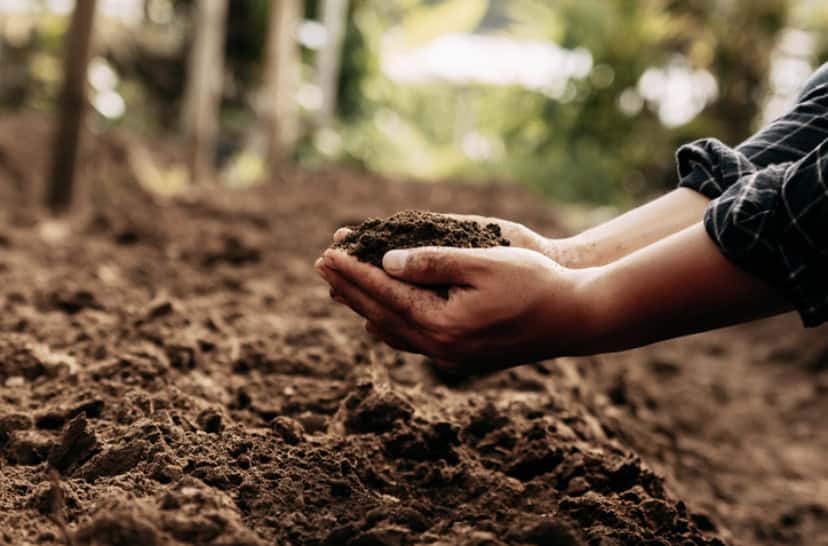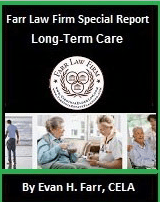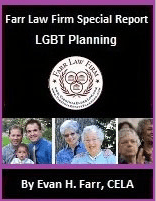Howard Fischer, a 63-year-old investor in New York, made his wishes to his family known that he is committed to having his body composted when he dies. According to Fischer, “(w)hatever his family chooses to do with the compost after it’s
done is up to them."
Michelle Skaff agrees. When she dies, she's wants to “turn into dirt.” At 31, Michelle is healthy and very much alive, and hopes to be for a long time. However, she started a payment plan that'll enable her to eventually become compost at Return Home, a Seattle-area human composting facility. Composting of human remains
involves futuristic-looking vessels full of organic material including straw, alfalfa, and sawdust that can turn human bodies back into soil by mimicking natural decomposition processes, the company says.
Howard and Michelle are not alone. The push for environmental consciousness has sparked the rise of human composting over more traditional
methods. According to the National Funeral Director's Association, in 2022, 60.5% said they would be interested in "green" funeral options, up from 55.7% the prior year. Human composting is not legal in all states, however. In 2019, Washington became the first state to allow human composting, followed by Colorado, Oregon, Vermont, California, and New York.
Burials and Cremations Carry Heavy Environmental Tolls








